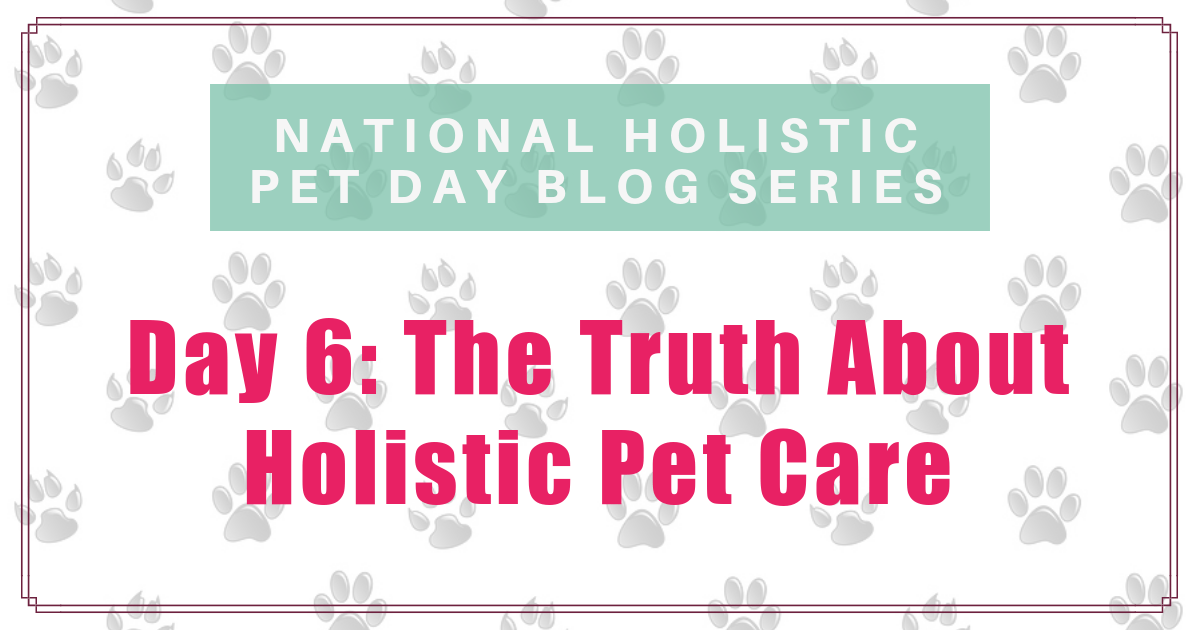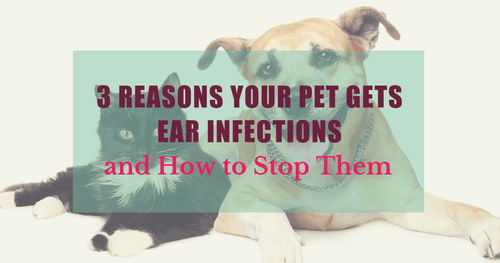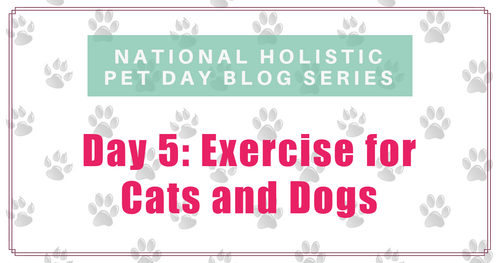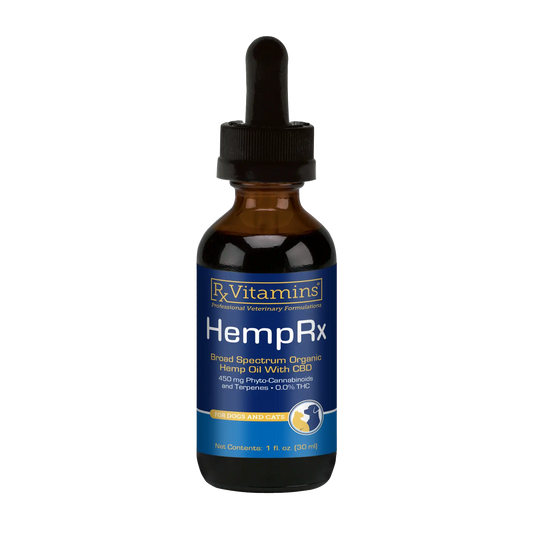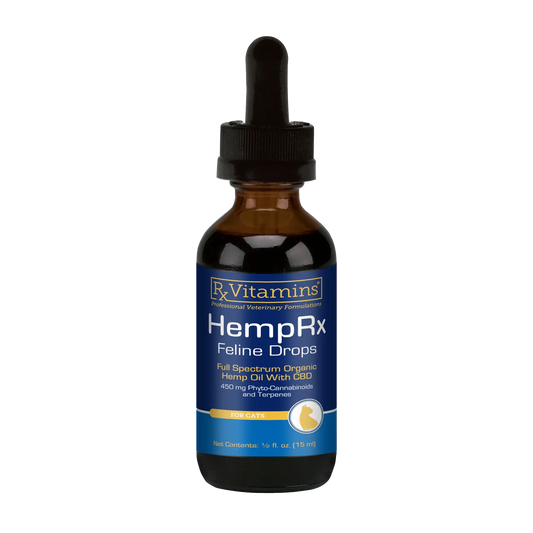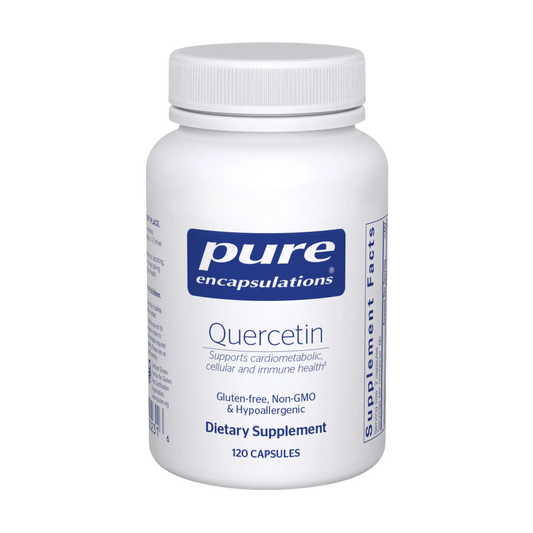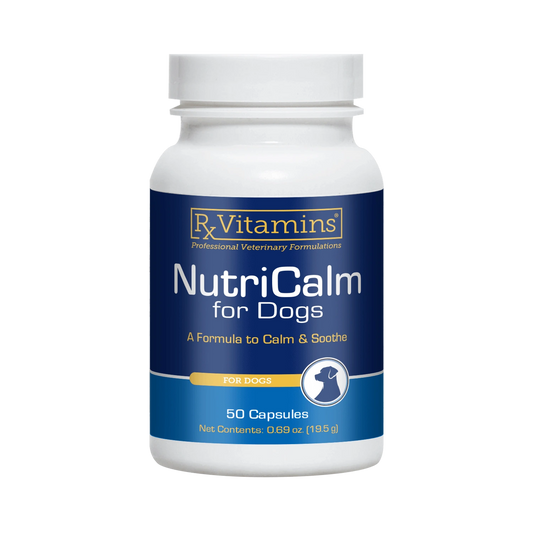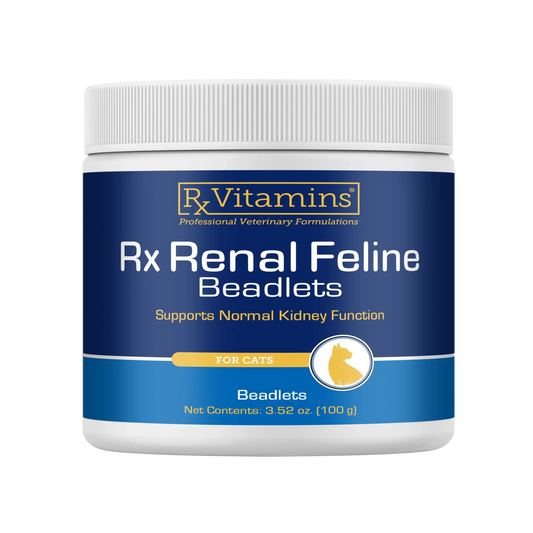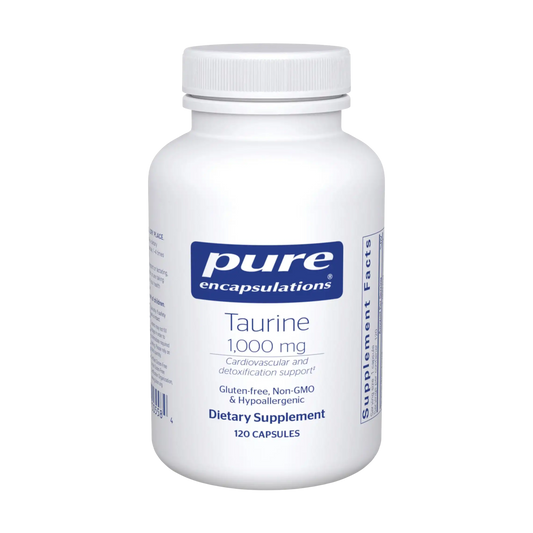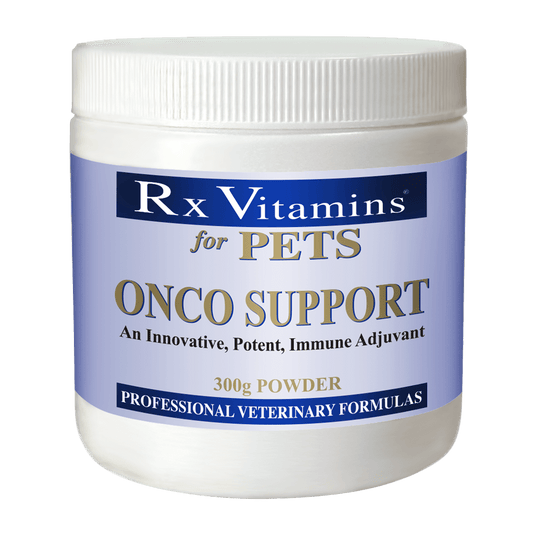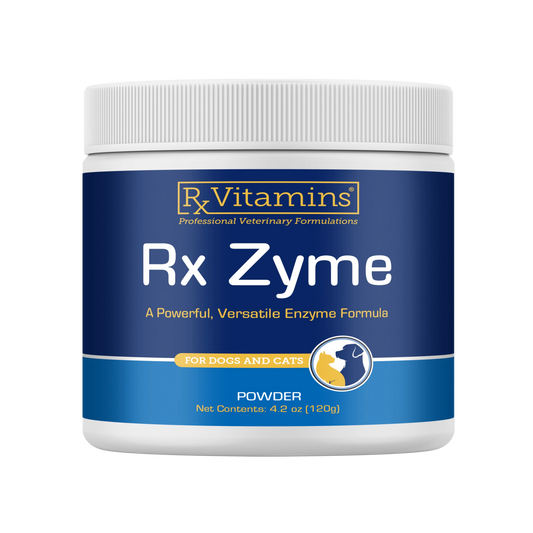It's Day 6 of our National Holistic Pet Day series and we are celebrating Holistic pets for an entire WEEK with articles and some fabulous giveaways from our sponsors Halo, DoTerra and Dr. Buzby. Enter our giveaway at the bottom of this post (it's your LAST chance) and don't forget to share through the widget for more chances to win! (The sweepstakes has now ended.
Did you miss the start of the series? No worries it starts here.
In a world filled with chemicals and synthetic materials, many people are trying to create a more natural lifestyle for themselves and their pet. The truth about holistic pet care is that, unfortunately, natural does not always mean safe.
Below are four of the most commonly misused 'natural' remedies.
1. Essential Oils. Let me start by saying I love essential oils. I use them every day. However, these products should be handled with respect. Essential oils are a VERY concentrated part of a plant. For example, 1 drop of lemon essential oil has been derived from up to one pound of lemons. This means they contain unnaturally high levels of chemicals found in lemons. Can you imagine eating one pound of lemons? Remember to dilute essential oils and never let your pet ingest oils unless supervised by a veterinarian.
2. Chinese Herbs. Many Chinese herbal formulas that can be purchased from the health food store or grocery store are laced with toxins like heavy metals. There are no regulations to ensure these products are safe. Stick with the brands your veterinarian uses. To find a veterinarian that can prescribe safe Chinese herbs click here.
3. Vitamin D. I now recommend vitamin D testing for all of my cat and dog patients. I recommend supplementation based on the current vitamin D levels of the particular dog or cat. If pet guardians take it upon themselves to supplement with vitamin D without testing, It is possible to overdose your dog or cat. Vitamin D is a fat-soluble vitamin. This means it is stored in fat and not easily excreted from the body. Vitamin D supplementation can be very helpful, but please get your pet tested and regularly checked. For more information of on vitamin D deficiency in dogs and cats click here.
4. Xylitol. As our society becomes more aware of the negative effects of artificial sweeteners, the demand for more natural alternatives. Xylitol is a very popular sweetener found in gums and many snack foods. Unfortunately, xylitol is really toxic for dogs and sometimes fatal. Many companies are now using xylitol to sweeten peanut butter. Please read labels and if your dog ingests xylitol call your local veterinarian or emergency veterinary clinic immediately.
I have spent the majority of my career as a veterinarian learning about safe and effective alternative therapies for animals. There are so many great therapies available. It’s always a good idea to check with your veterinarian before starting a new supplement or treatment for your pet.
I would love to help you with your dog or cat!

